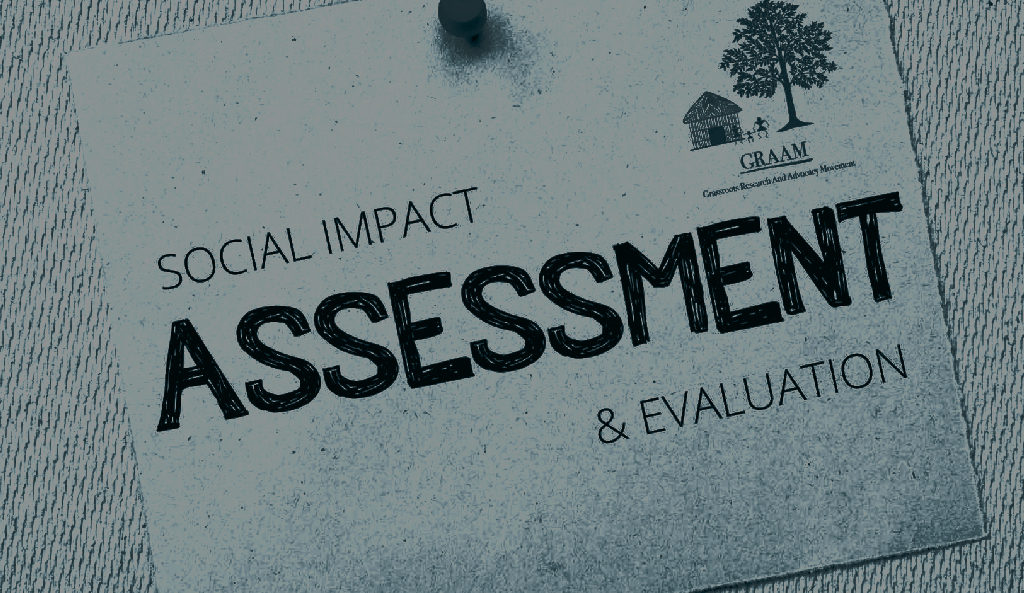Assessment, Evaluations, and Definitions of Research Impact: A Comprehensive Review
Research impact is a multifaceted concept that refers to the influence research has beyond academia. It encompasses the ways in which research contributes to advancements in society, the economy, and broader global challenges. However, defining and assessing research impact is a complex task, given its diverse manifestations and the time lag between research activities and their impacts.
Defining Research Impact
Research impact is often categorized into academic and non-academic impacts. Academic impact refers to the contribution of research to the advancement of knowledge within the academic community. This is typically measured through traditional metrics such as citations, publications, and grants.
Non-academic impact, on the other hand, refers to the influence of research outside academia. This includes contributions to policy development, economic growth, health and wellbeing, culture, and society. Non-academic impact is often harder to measure due to its diverse nature and the difficulty in establishing a direct link between research activities and their societal outcomes.
Assessing Research Impact
Assessing research impact involves evaluating the extent to which research activities have achieved their intended outcomes. This requires a robust framework that can capture the diverse manifestations of research impact.
Quantitative measures, such as bibliometrics and altmetrics, are commonly used to assess academic impact. Bibliometrics involve the statistical analysis of publications and citations, while altmetrics look at the online attention a research output receives.
Assessing non-academic impact, however, often requires qualitative methods. Case studies, surveys, and interviews can be used to gather evidence of research impact in real-world contexts. These methods allow for a more nuanced understanding of research impact, capturing the complexities and subtleties that quantitative metrics may overlook.
Evaluating Research Impact
Evaluating research impact involves making judgments about the significance and value of the impact. This requires a clear understanding of the context in which the research is conducted and the stakeholders involved.
Peer review is a common method for evaluating research impact. However, given the specialized knowledge required to understand the impact of research in different fields, there is a growing recognition of the need for diverse panels that include academic and non-academic stakeholders.
Conclusion
In conclusion, research impact is a complex concept that requires careful definition, assessment, and evaluation. While there are challenges in measuring and evaluating research impact, a comprehensive approach that combines quantitative and qualitative methods can provide a more holistic understanding of the influence of research beyond academia. As research continues to evolve, so too will the methods for assessing and evaluating its impact, necessitating ongoing dialogue and adaptation in this critical area of research management.


